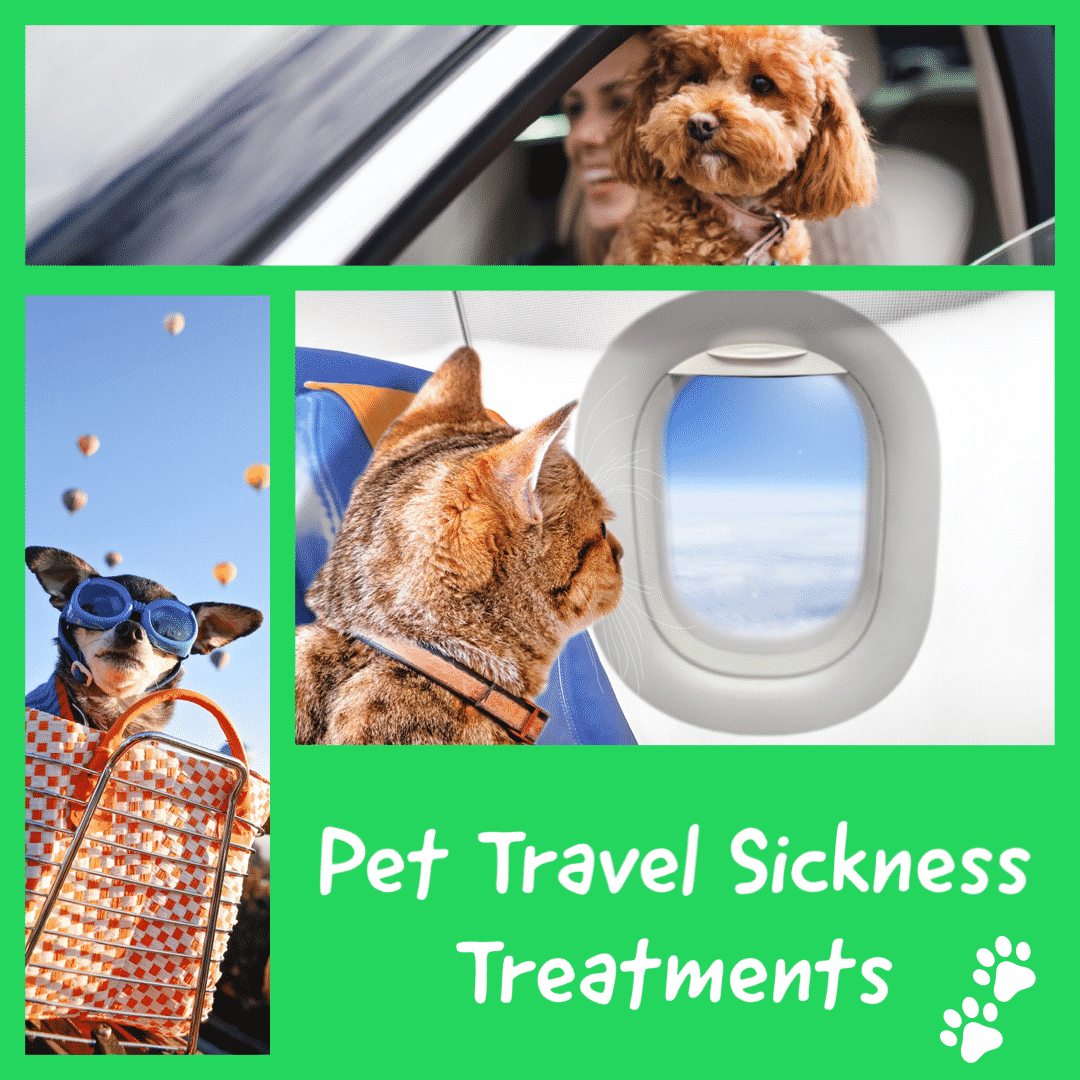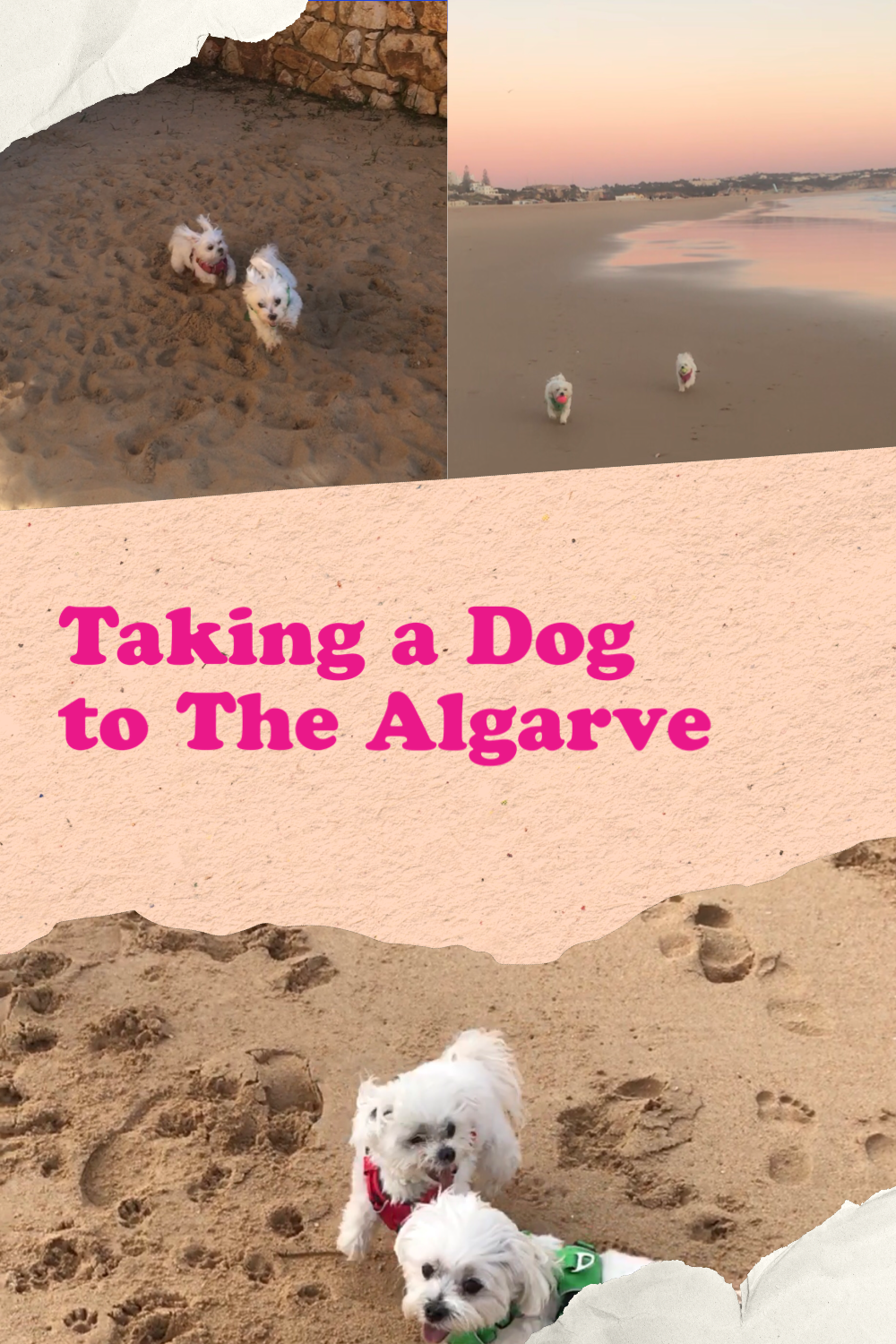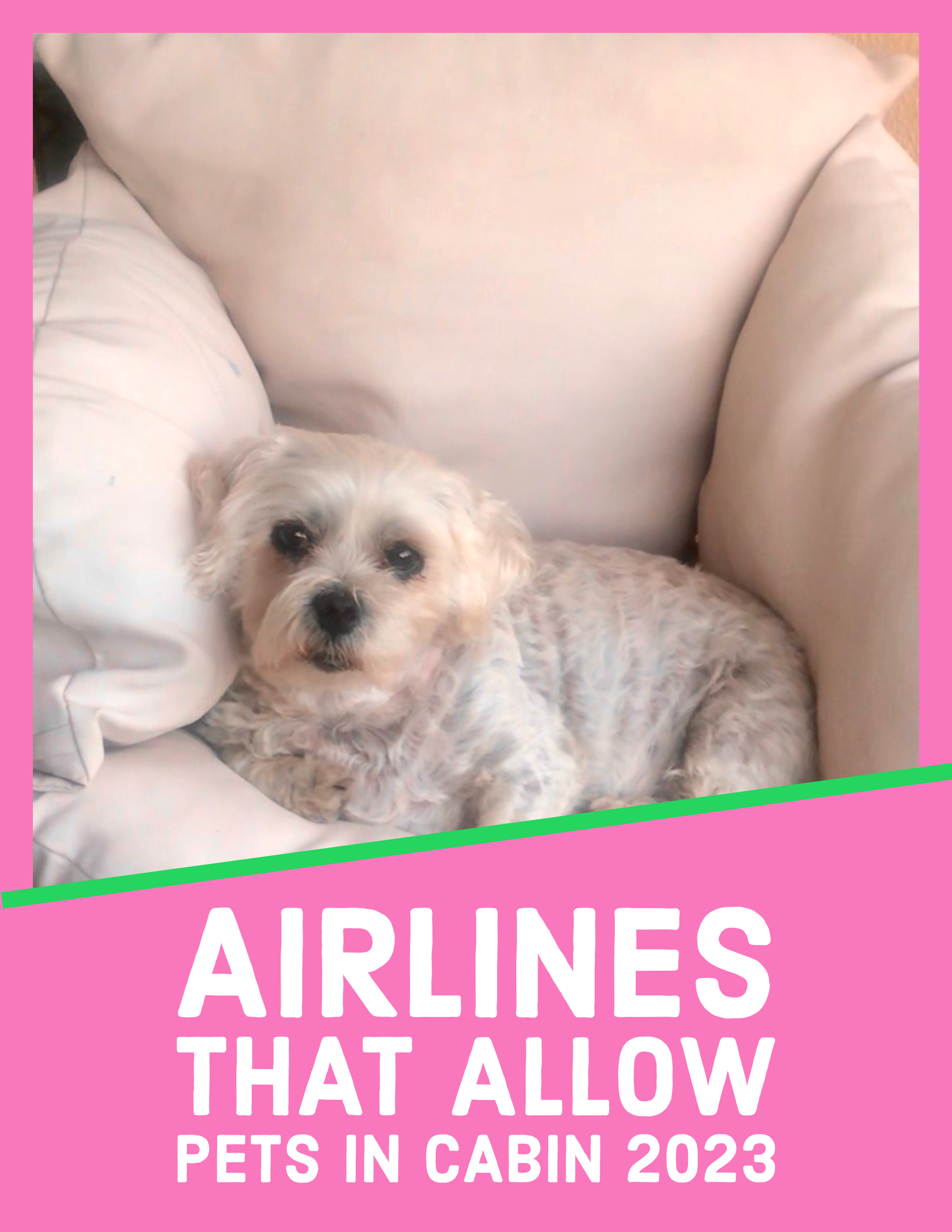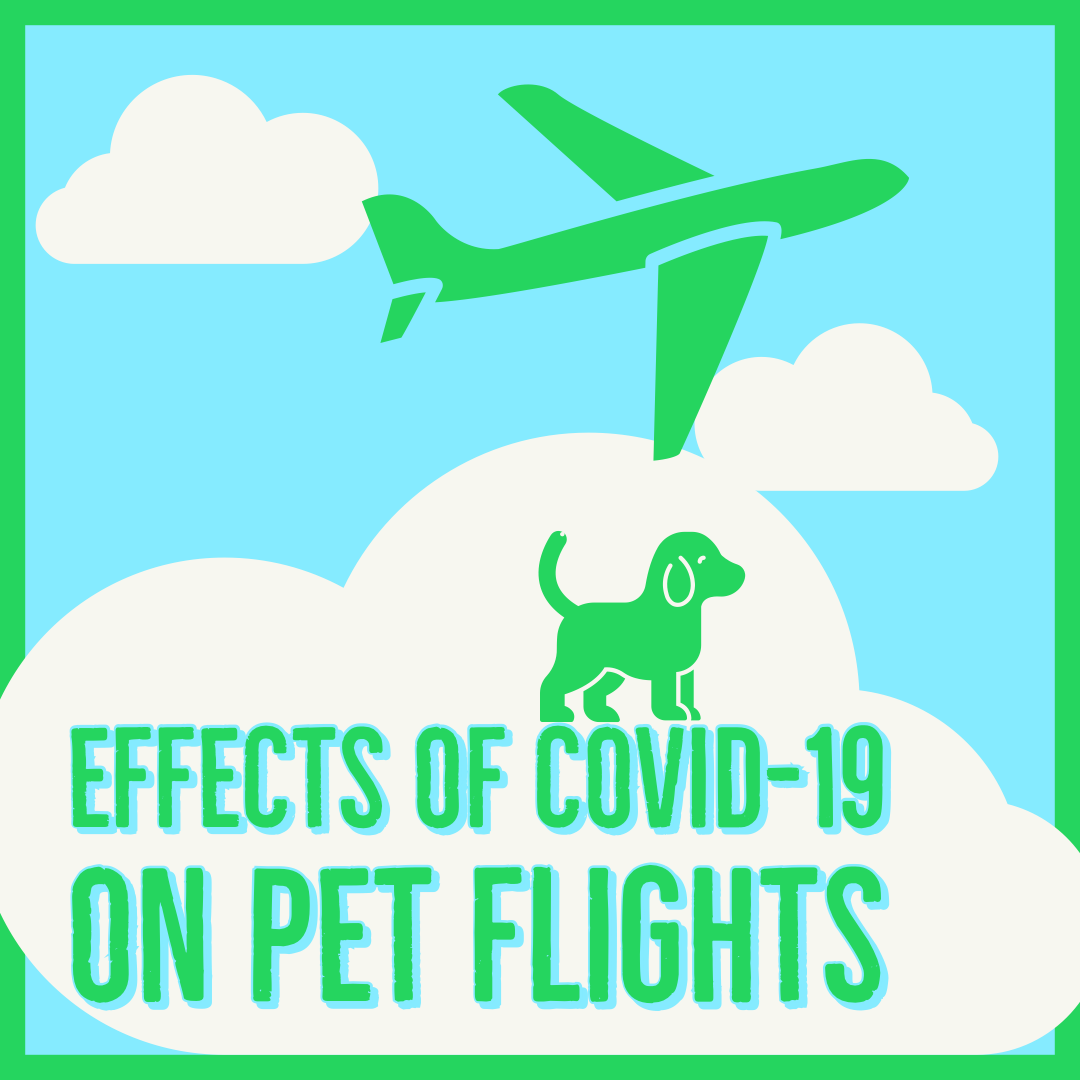Dramamine(®), Cerenia®, Benadryl® and Bonine® are popular travel sickness medications for cats and dogs. If your canine or feline is prone to puking in your car (not pointing any paws, Summer!) you might already be familiar with these pet motion sickness treatments. They’re safe to use at the recommended dosage, and promptly deal with pet nausea, dizziness and vomiting. So, if your cat or dog suffers from these symptoms while travelling by car, ferry, train or plane, your veterinarian may recommend one of these drugs to alleviate symptoms. But, medication for pet travel sickness should always be a last resort. There are plenty of natural remedies to try out first, as well as training techniques to re-condition your pet into becoming comfortable during transport. Read on for details of cat and dog travel sickness treatments, including Dramamine v Cerenia v Benadryl v Bonine, as well as Adaptil Dog Spray and Feliway cat spray, and natural and behavioural solutions. We’ve also included a comparison table for pet motion sickness medication to highlight the similarities and differences in both effectiveness and side effects.
Estimated reading time: 12 minutes
Table of contents
- Why Do Cats & Dogs get Travel Sick?
- Training Cats & Dogs for Car Journeys
- Natural Remedies for Cats and Dogs Motion Sickness
- Adaptil Feliway Spray for Cat Travel Sickness
- Adaptil Spray for Dog Travel Sickness
- Dramamine for Cat & Dog Motion Sickness
- Cerenia for Cat & Dog Motion Sickness
- Benadryl for Cat & Dog Motion Sickness
- Bonine for Cat & Dog Motion Sickness
Why Do Cats & Dogs get Travel Sick?
As with humans, balance issues are a contributing factor in cat and dog motion sickness. In general, canine travel sickness disappears after a pup is over one year old. This is due to the inner ear of dogs under the age of one not yet being fully developed. Once the inner ear structure is complete, most dogs stop being sick during transport.
However, again similar to humans, dogs can continue to get carsick or seasick once they reach adulthood. In this case, it tends to be psychological behaviours, such as anxiety, as opposed to their physiology.
For instance, if a young pup spends their first few car excursions on visits to the vet, they’re not going to form a positive association with transport. Dogs can be programmed to instinctively relate a car trip with an unpleasant experience. In turn, entering a vehicle can automatically trigger anxiety from previous excursions, which may result in nausea and motion sickness. In contrast, if you drive your dog to a park or to visit fun friends, they’ll recognise your car as the gateway to a most excellent day out!
Cats are usually travel sick due to stress and anxiety, rather than physiology, as they’re normally only in a car once or twice a year for a trip to the veterinarian. This conditions some cats to be immediately stressed as soon as they enter your car, as they know what’s coming next. As with dogs, you can deploy some training and conditioning techniques to re-acquaint your cat with travel.
Training Cats & Dogs for Car Journeys
If you have a eureka mom and realise that your pet hasn’t had any trips that encourage formation of positive connections, first try some reinforcement strategies before using an anti-sickness drug.
For example, make sure to have plenty of park or beach trips in the car in your pup’s early months. This worked for our rescue dog Summer, who was incredibly sick every time she took a trip. Not pleasant for Summer, nor Django and Arya sitting next to her! And let’s not mention who repeatedly lost Rock, Paper, Scissors to clean it up!
Summer didn’t have any of the necessary vaccinations or treatments she needed to protect her from vector-borne diseases here in Portugal. Unfortunately, this meant her first few car journeys were trips to every pet’s phobia – the vet.
So, we made sure she didn’t eat a few hours before getting in the car. Then once she was up to date with all the medical requirements, Summer got her first ever trip to the beach.
After a handful of rides to the beach, park or just for a walk in a new area, Summer was first to jump in her car seat! Of course, her age could also have played a role, as she was around 1 year old at the time, but positive reinforcement no doubt helped the situation too.
A top tip is to take your pet for a series of short car rides, starting at just a couple of minutes, then gradually building up the length of the trip each time.
As all you cat owners know only too well, cats are a little more tricky to train. But, where there’s a will there’s a way as they say! Experts advise keeping your cat’s carrier around the house, and putting treats in it every now and again. This aids your feline friend in firing up those positive pathways in the brain. To make it more enticing, put a comfy blanket inside, or an item of clothing with your scent, along with a toy filled with catnip.
Cats are creatures of habit and feel safe with the familiar. So, when dreaded vet day arrives, the cat carrier will stimulate a positive association, which in turn, can prevent anxiety and, subsequently, travel sickness.
Remember that if your pet has an empty stomach before they travel by car, plane, ferry or train, then it’s very unlikely that they’ll be sick. Therefore, a golden rule is to ensure your pet doesn’t eat before they travel. For short car trips, we leave a 2 hour gap between our pets eating and travelling, but if you’re going on a longer journey, 4 hours is recommended.
Natural Remedies for Cats and Dogs Motion Sickness
Before using medication for cat and dog who get travel sick, you’ll probably want to try out a few natural remedies.
Tried and tested natural remedies for Motion sickness in pets include:
- Ginger
- Lavender
- CBD Oil or Supplements
Ginger
Ginger is an anecdotal treatment, but many people find it effective in alleviating motion sickness. However, you do have to speak to your vet before giving your pet ginger, as it can’t be given to all dogs, especially those with known bleeding disorders or if they’re taking anticoagulants or nonsteroidal anti-inflammatory drugs.
Ginger root has been used for thousands of years, particularly in Eastern medicine, to treat stomach aches and nausea. It’s safe for dogs, provided that you give them an appropriate amount for their size. Fresh ginger root is best, as the powder form can be a little too hot for a dog’s digestive tract. You can grate or slice the ginger root and add it to your dog’s food, start with around 20mg per kg of their weight. And obviously check with your vet first incase the ginger interacts with any other medication or conditions.
Lavender
Lavender is known, not only for it’s pleasant calming properties, but also for its antibacterial and antifungal effects. To make a simple pet motion sickness spray, start with 100ml of distilled water and two drops of pure lavender essential oil. Be sure to use a high grade of lavender oil so that your cat or dog doesn’t experience a reaction. Spray in your pets carrier before you next travel, and check if it makes a difference. Not only that, you can also use the natural lavender spray on your cat or dog’s bed, as well as their neck to repel ticks and fleas, and it’s an excellent deodoriser. And, if you suffer from insomnia, you can mist a few droplets on your pillows too!
CBD Oil & Chews
Now more mainstream than in previous years, CBD (cannabidiol) oil or chews are being widely used for many pet ailments, including motion sickness. Of course, while CBD or hemp products are natural, you should speak to your vet before using CBD to aid your cat or dog’s travel sickness.
CBD oil and pet chews don’t contain delta-9-tetrahydrocannabinol (THC), the compound that gives marijuana its psychoactive properties. In fact, most CBD products are derived from hemp, not from the marijuana plant. There’s no definitive scientific evidence that CBD helps alleviate pet travel sickness, however, cannabinoids interact with the endocannabinoid receptors located in the central and peripheral nervous systems, which help maintain balance. Therefore, as the inner ear is involved in balance, and is affected when pets and humans suffer from travel sickness, CBD oil and chews are often effective in symptom management.
Adaptil Feliway Spray for Cat Travel Sickness
Adaptil Feliway is a familiar brand in our house. Introducing our cat, Star, to our new kitten, Storm was a task indeed. Feliway Spray came to the rescue! The difference in aggression, hissing and spitting was incredible.
Feliway is actually a natural product in the sense that it contains cat pheromones, which are naturally released when a mother nurses her kittens. When cats are happy, and rub your leg, face or the furniture, they also release the same pheromones found in Feliway.
Due to these past results with the Feliway brand, we’d definitely give the Feliway spray for cat motion sickness a try. For cat travel sickness, spray Feliway inside their carrier at least 15 minutes before your cat goes inside. You can respray your cat’s travel carrier every 4-5 hours.
When using Feliway spray to combat cat cat sickness, remember:
- Never spray directly on your cat
- Never spray in the carrier if your cat is inside
- Don’t spray on the scratching post, it will prevent your cat from using it!
Adaptil Spray for Dog Travel Sickness
Adaptil Transport Spray for dogs is the canine equivalent to the brand’s Feliway Cat Spray. We used the Adaptil Transport Spray for our first couple of pet flights with Django, and it seemed to help him relax in his travel carrier.
Similar to the Feliway Cat Spray, Adaptil Transport Spray incorporates natural pheromones/ These are the same happy hormones released by mother dogs with their pups. Adult dogs also release the same pheromones through their ears. Therefore, to create a pleasant and relaxing space for your dog to travel, spray their carrier 15 minutes before travel. you can respray your dog’s travel carrier every 4-5 hours.
When using Adaptil Spray for dogs to combat travel sickness, remember:
- Never spray directly on your dog
- Never spray in the carrier if your dog is inside
An Adaptil Calm-on-the-go Dog Collar is also available if you’d prefer to use that than a spray.
Dramamine for Cat & Dog Motion Sickness
If you’ve tried every pre-emptive behavioural technique and natural remedy under the sun, it’s time to have a chat with the vet.
One of the medications that is commonly prescribed for pet motion sickness is Dramamine, an antihistamine that contains the active ingredient dimenhydrinate. While Dramamine is deemed to be safe for use on cats and dogs, it is only FDA-approved for human use.
Dramamine is available over the counter in pharmacies, and is often very affective in alleviating cat and dog travel sickness. It works by targeting the sensory system, and intercepting the messages received by the brain. It also comes in a less drowsy formula which contains the active ingredient meclizine, instead of dimenhydrinate.
What Dosage of Dramamine is suitable for Cats & Dogs?
Remember to always consult your vet to ensure you don’t over medicate your furry friend. The correct dosage will also hopefully result in the medication having the desired effect on your pet’s travel sickness. Remember, the vet is just a phone call away!
In general, recommended Dramamine dosage for cats and dogs is 4-8 mg per kg of your pet’s weight. For example, an 8kg dog would be recommended 32-64mg of Dramamine, while a 60kg pooch would be 240-480mg. It’s really important you get the dosage right, first and foremost, to ensure your pet is safe, but also to be sure that the Dramamine takes effect on your cat or dog’s travel sickness. So even just a phone call to your vet is in order to be certain you get the dosage spot on.
Cerenia for Cat & Dog Motion Sickness
Cerenia is the only vet prescribed medication available to combat travel sickness in cats and dogs. The active substance in Cerenia is maropitant, which works by blocking neurokinin-1 (NK1) receptors, which are found on the surface of certain cells in the part of the brain that controls nausea and vomiting in pets. The receptors are activated by the attachment of a chemical in the body known as substance P. By preventing the attachment of substance P to the receptors, Cerenia reduces nausea and vomiting. Cerenia has been scientifically studied in both cats and dogs, and has established efficacy in managing pet travel nausea and vomiting.
For dogs, Cerenia is available in tablet form (16, 24, 60 and 160 mg) for dogs, and as a solution for injection (10 mg/ml) under the skin or into a vein for dogs and cats. Your vet will prescribe the correct dosage for your pet’s size and weight.
Benadryl for Cat & Dog Motion Sickness
Benadryl is a common find in many a household medicine cabinet. Like, Dramamine, Benadryl can be used by humans and pets to manage motion sickness. Benadryl is effective due to the active ingredient, diphenhydramine.
Diphenhydramine is an antihistamine that can cross the blood-brain barrier which makes it very effective but also increases the risk of adverse side effects. Diphenhydramine works by blocking the receptors that receive histamines in the body. This relieves many of the symptoms associated with allergies, like itching, sneezing, and hives, as well as travel sickness in cats and dogs. While Benadryl is not yet FDA-approved for veterinary use, it is considered safe for use in dogs and cats and is commonly used in veterinary practices.
Veterinarians prescribe Benadryl for dogs with mast cell tumors and sometimes prescribe diphenhydramine during heartworm treatment, as it helps reduce the risk of an allergic reaction to the therapy.
As always, speak to your vet before you reach for the Benadryl for your pet.
Bonine for Cat & Dog Motion Sickness
Another antihistamine, Bonine is also an ally in alleviating travel sickness in cats and dogs. Containing the active ingredient meclizine, Bonine comes as tablets, which should be administered in line with your vet’s instructions. Usually, the tablets are given to cats and dogs about 1 hour prior to travel to prevent sickness.
Meclizine works by blocking the signals to a cat or dog’s brain that result in dizziness, nausea and vomiting. You’ll see there’s a theme here in the way pet anti-sickness medication works!
Dramamine v Benadryl v Cerenia v Bonine for Cat & Dog Travel Sickness
To help you decipher the differences and similarities between the different pet travel sickness medications, we’ve compiled a comparison table. Note that the dosage is for guidance only, as your vet will indicate the correct dosage to administer to your cat or dog for Dramamine, Benadryl, Cerenia and Bonine.
| Pet Travel Sickness Medication | Suitable for Cats & Dogs | Active Ingredient | FDA Approved for Pet Use | Common Side Effects | Normal Dosage per KG (Merk Veterinary Manual) |
|---|---|---|---|---|---|
| Dramamine(®) | ✅ | dimenhydrinate | ❌ | Dry mouth, Drowsiness, Difficulty urinating | 4-8mg |
| Cerenia® | ✅ | maropitant | ✅ | Hypersalivation, Vomiting, Pain at injection site for cats | 2mg for dogs, cats are injected by veterinarian |
| Benadryl® | ✅ | diphenhydramine | ❌ | Dry mouth, Drowsiness, Difficulty urinating, Hypersalivation, Increased heart rate, Rapid breathing | 2-4mg |
| Bonine® | ✅ | meclizine | ❌ | Drowsiness, Dry mouth, Dry nose, | 1mg |
Never give medication to pregnant or nursing mothers, young puppies or kittens. Always speak to your vet before administering any treatment. Some of these drugs may have interactions with your cat or dog’s other medication or conditions.
We hope you find a solution to your pet’s motion sickness, let us know how it goes!






